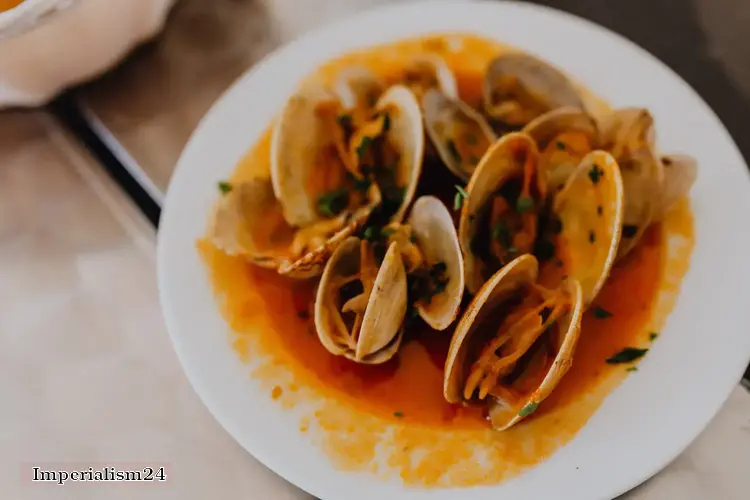

Imperialism, the political and economic domination of one country over another, has left an enduring mark on global cuisine. Through conquest and colonization, imperial powers introduced new ingredients, cooking techniques, and culinary traditions to their colonies, shaping the food cultures of these regions for centuries to come.
The Spice Trade
One of the most significant culinary impacts of imperialism was the spice trade. European powers, eager to secure access to exotic spices from the East, established trading posts and colonies in Asia and Africa. Spices such as pepper, cinnamon, nutmeg, and cloves became highly prized commodities, transforming European cuisine and influencing the development of new dishes.
New World Crops
The colonization of the Americas by European powers brought about a culinary revolution. Crops such as potatoes, tomatoes, corn, and beans were introduced to Europe, where they quickly became staples in local diets. These ingredients had a profound impact on European cuisine, leading to the creation of new dishes and the transformation of traditional ones.
Culinary Fusion
Imperialism also fostered culinary fusion, as colonizers and colonized peoples exchanged ingredients and cooking techniques. In India, for example, British colonizers introduced potatoes and tomatoes, which were incorporated into traditional dishes such as curry. Similarly, in Southeast Asia, European powers introduced chili peppers, which became an integral part of local cuisines.
Cultural Exchange
Beyond the introduction of new ingredients, imperialism also facilitated cultural exchange. Colonizers often brought their own culinary traditions to their colonies, while colonized peoples adopted and adapted these traditions to their own tastes and preferences. This exchange resulted in a rich tapestry of culinary influences that can still be seen in many cuisines today.
Legacy of Imperialism
The culinary legacy of imperialism is complex and multifaceted. While it brought about the introduction of new ingredients and cooking techniques, it also led to the displacement of traditional food systems and the exploitation of colonized peoples. Nonetheless, the culinary influences of imperialism continue to shape global cuisine, creating a rich and diverse culinary landscape.
Conclusion
Imperialism has had a profound impact on global cuisine, leaving a lasting legacy of culinary exchange and fusion. From the spice trade to the introduction of New World crops, imperialism has shaped the flavors and traditions of food cultures around the world. While its historical context is complex and often fraught with exploitation, the culinary legacy of imperialism continues to enrich and inspire our culinary experiences today.
DISCLAIMER: This information is provided for general informational purposes only, and publication does not constitute an endorsement. Kwick365 does not warrant the accuracy or completeness of any information, text, graphics, links, or other items contained within this content. Kwick365 does not guarantee you will achieve any specific results if you follow any advice herein. It may be advisable for you to consult with a professional such as a lawyer, accountant, or business advisor for advice specific to your situation.
today
Copyright © 2026 KwickEAT.com
Designed by KwickPOS is the best restaurant POS